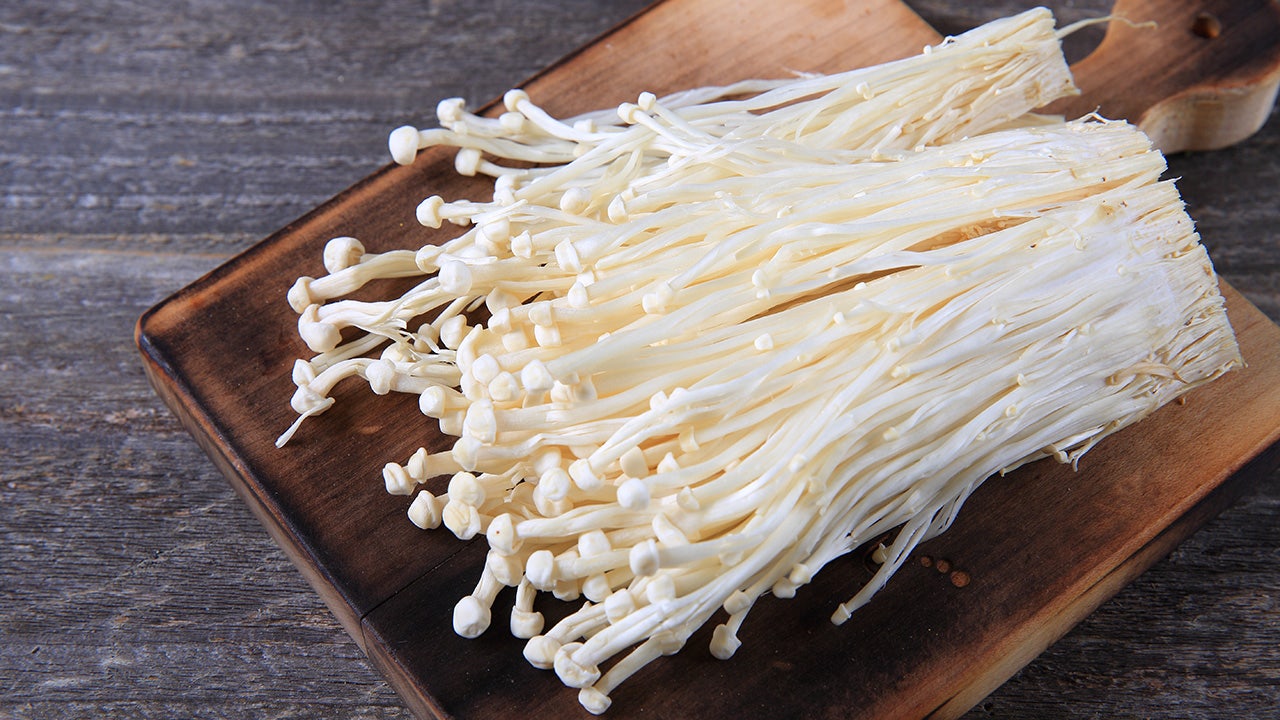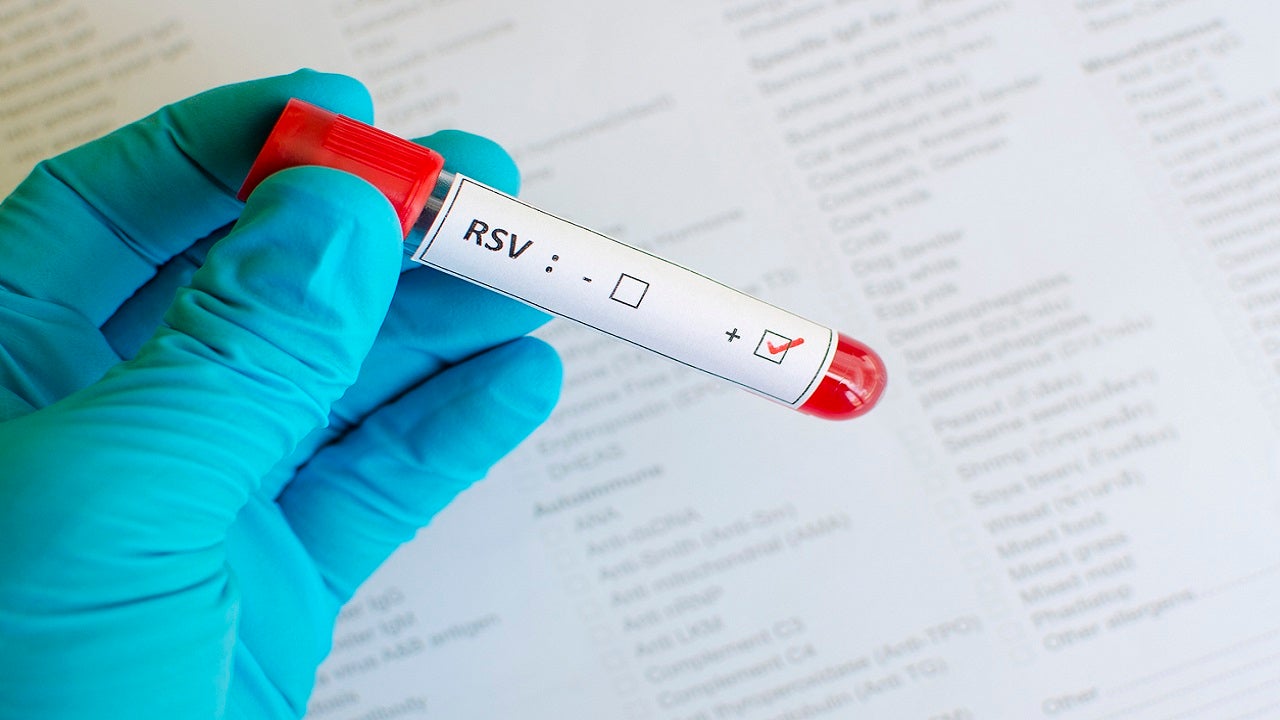A nutrition-and-fitness high in ultra-processed foods and drinks was linked to an increased risk of colorectal cancer” target=”_blank”>cancer<findings in the Clinical Nutrition journal. Results stemmed from the multi-case control study MCC-Spain and validated questionnaires sent to nearly 8,000 adults, half of whom had diagnoses for colorectal, breast, or prostate cancer, and the other half serving as the control group, without cancer diagnoses.
CARCINOGENIC: HAND SANITIZERS USED TO COMBAT COVID-19 FOUND TO HAVE TOXIC, CANCER-CAUSING CHEMICAL
The questionnaire assessed how often participants consumed ultra-processed foods and drinks over a one-year period. The team then used the Nova classification system, which divides foods into four categories, from unprocessed foods to processed ingredients, and beyond to processed foods and ultra-processed foods and drinks. Examples of ultra-processed products would include “sugary soft drinks, ready meals and mass-produced industrial baked goods,” a related release from ISGlobal notes.

Examples of ultra-processed products would include "sugary soft drinks, ready meals and mass-produced industrial baked goods," ISGlobal says. (iStock)
CORONAVIRUS LOCKDOWNS SPURRED NEARLY 2 POUNDS OF MONTHLY WEIGHT GAIN, STUDY SUGGESTS
“Ultra-processed foods — those that undergo the most processing — are industrial formulations with more than five ingredients which usually contain additional substances, such as sugar, fats, salt and additives,” reads the release.
The team ultimately found that a “10% increment in the consumption of ultra-processed foods and drinks was found to be associated with an 11% increase in the risk of developing colorectal cancer.”
Study author and ISGlobal researcher Dora Romaguera said diets low in fruits and vegetables are missing out on protective benefits against colorectal cancer and suggested the heightened cancer risk is fueled by “additives and other substances with carcinogenic potential typically used in processed food products.” Common ultra-processed foods consumed by participants included sugary drinks, sugary products, ready meals and processed meats.
For breast cancer patients with a history of smoking, or who currently smoke, Romaguera says smoking and a diet high in ultra-processed foods compound to increase the risk of developing cancer.
Given the health risks associated with these sugary, processed foods and drinks, Pilar Amiano, a researcher at the Guipúzcoa Public Health Service, said the International Agency for Research on Cancer (a research agency under the World Health Organization) should already incorporate the findings into policies and dissuade consumption of these foods.









